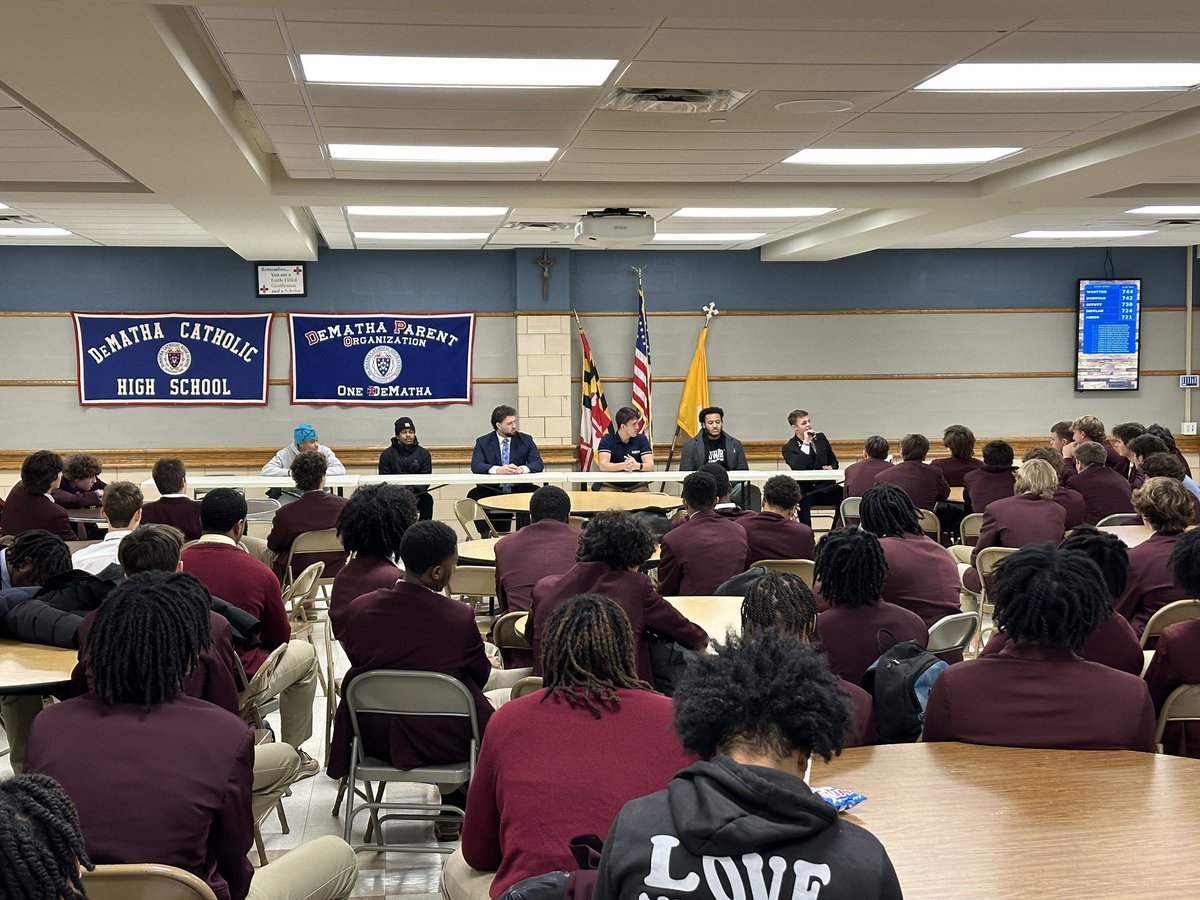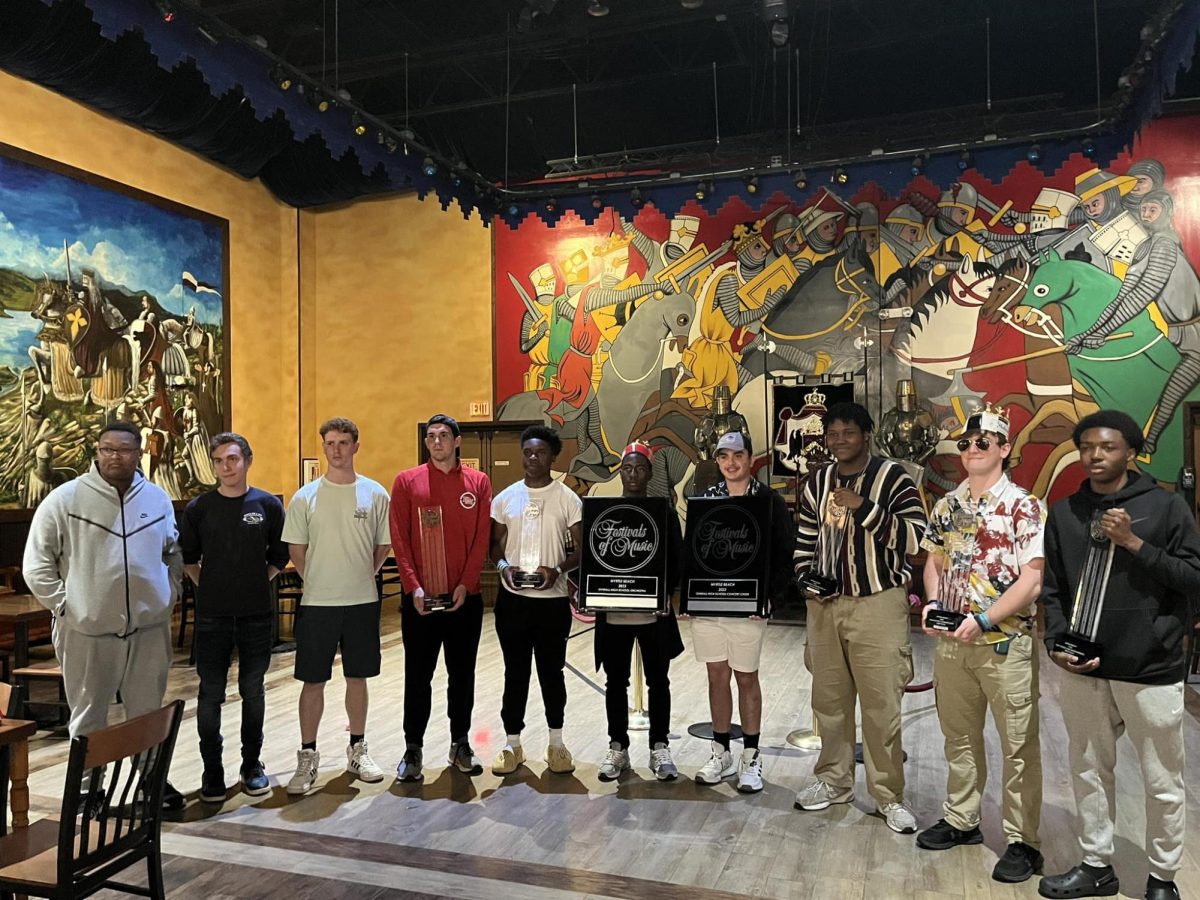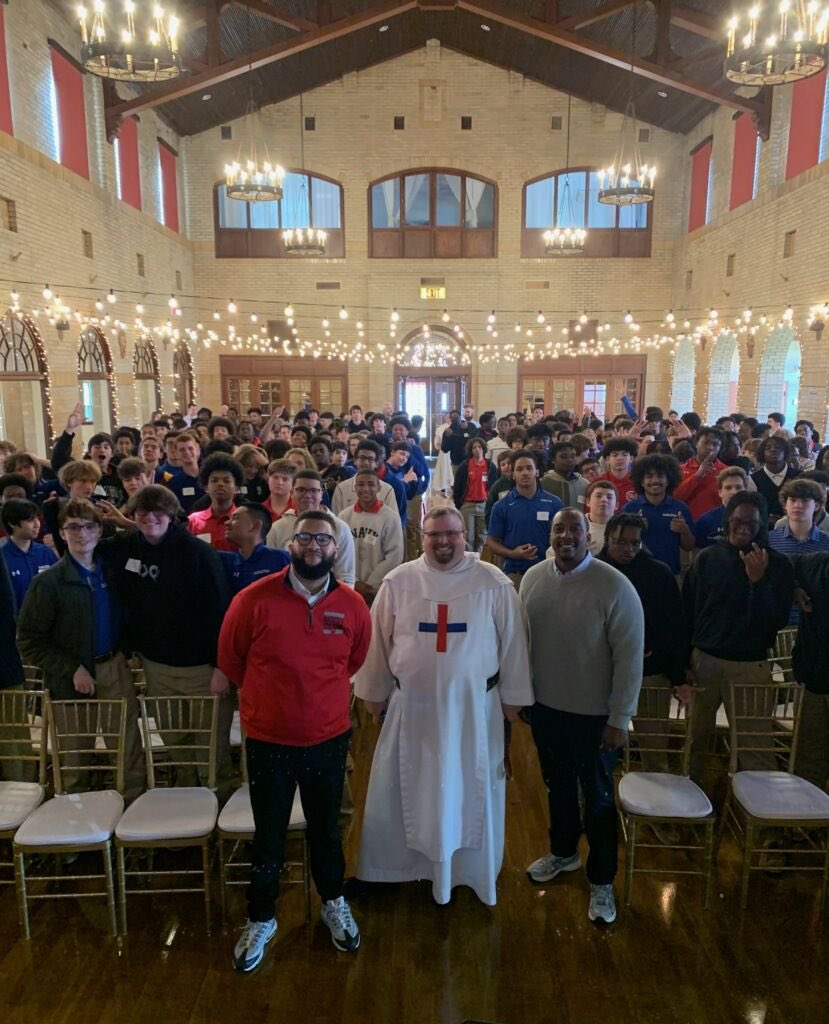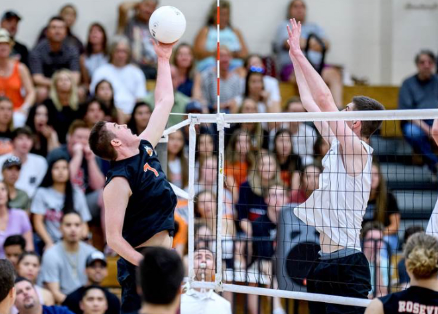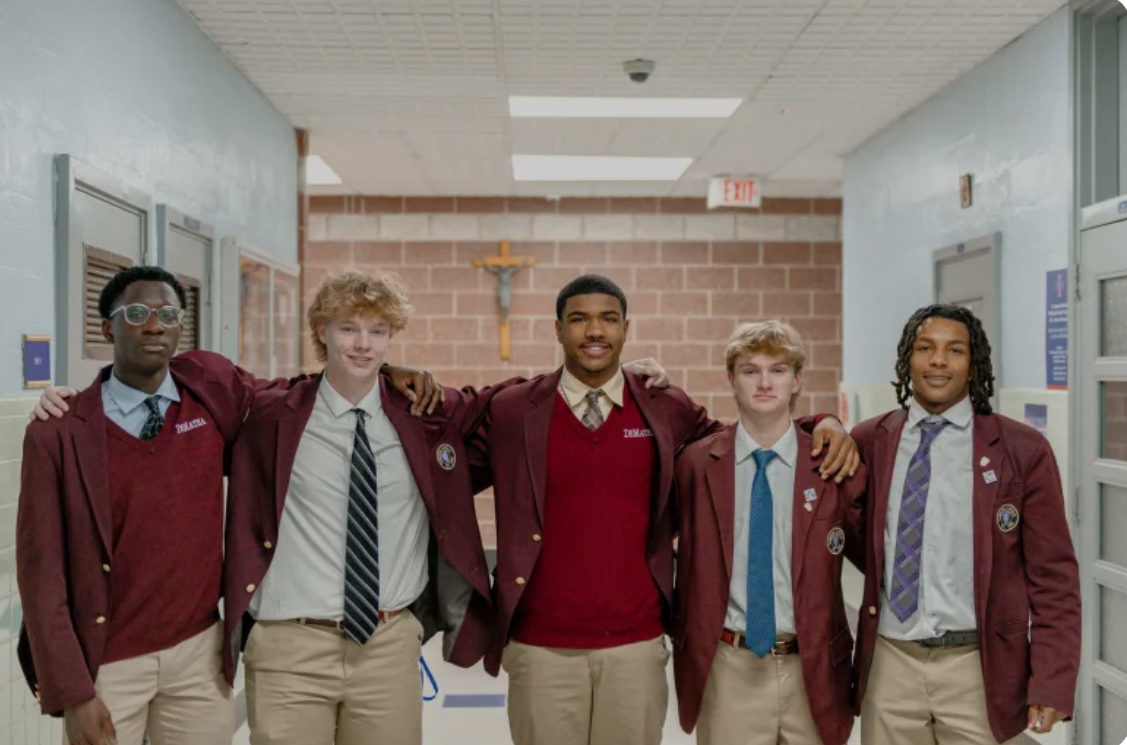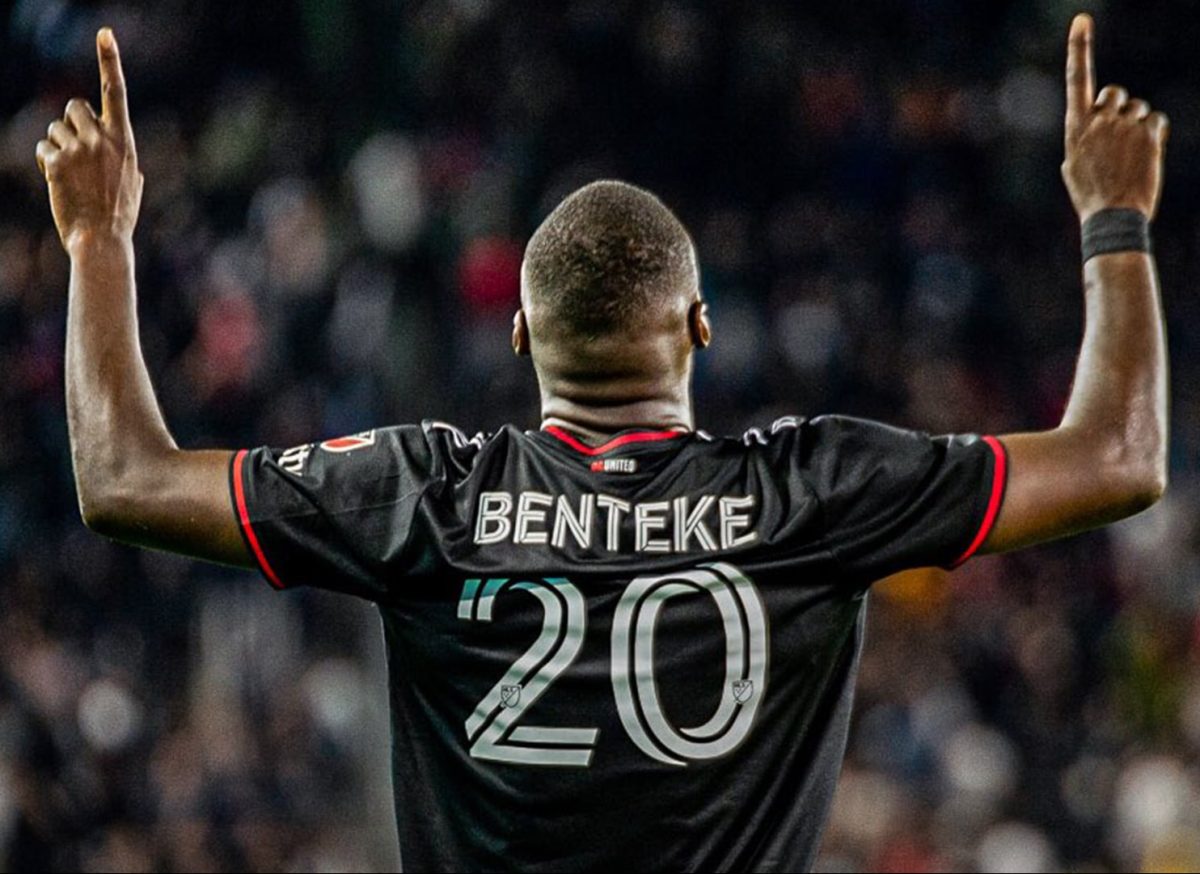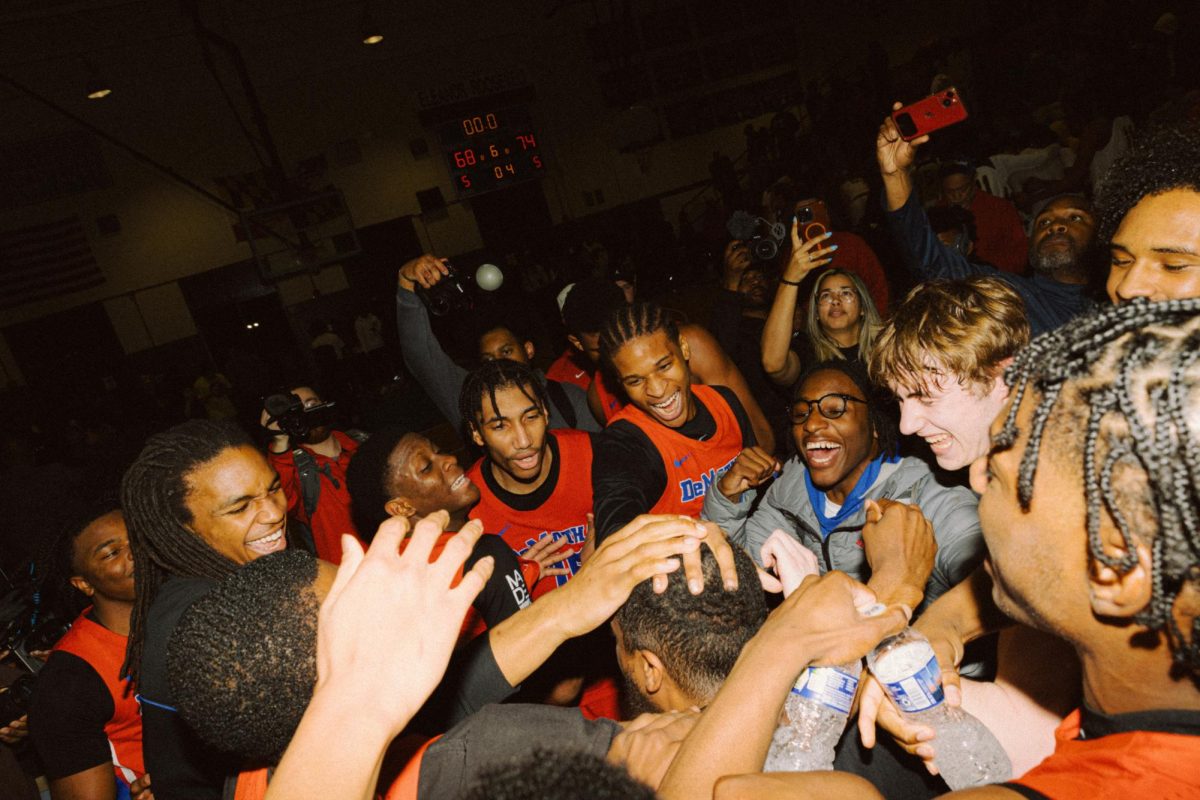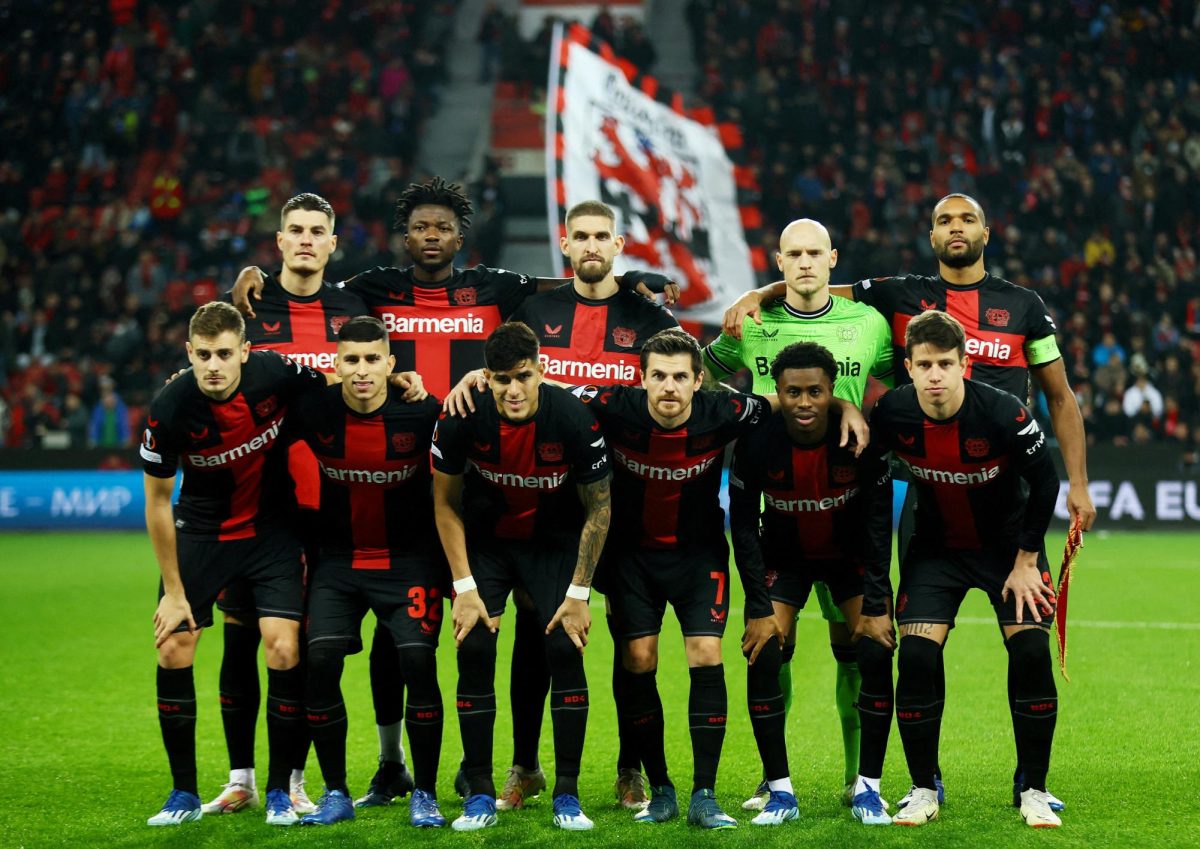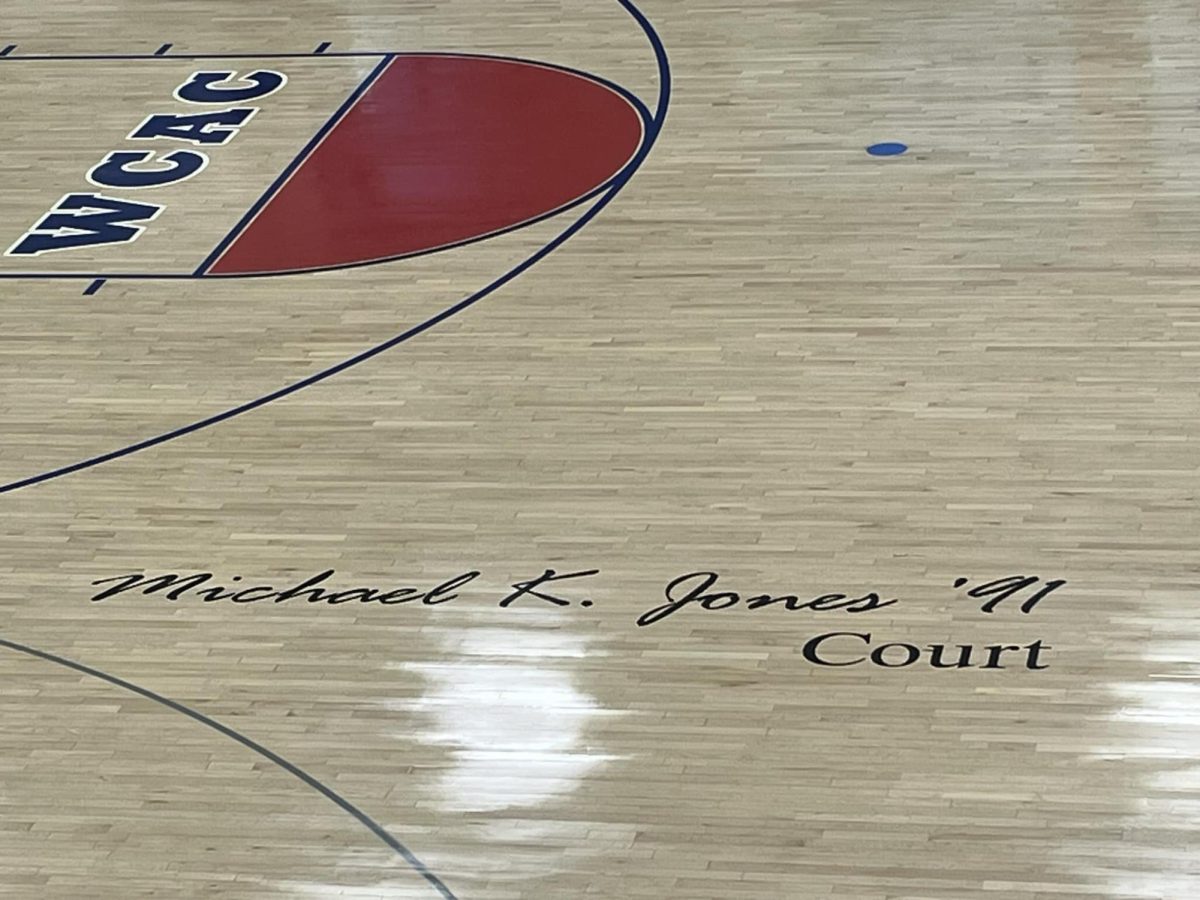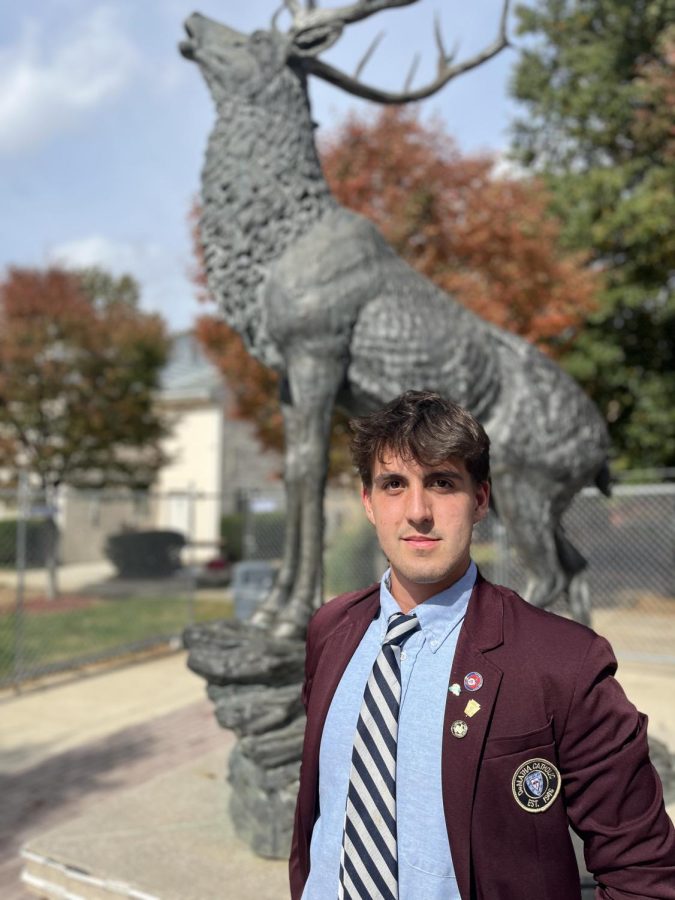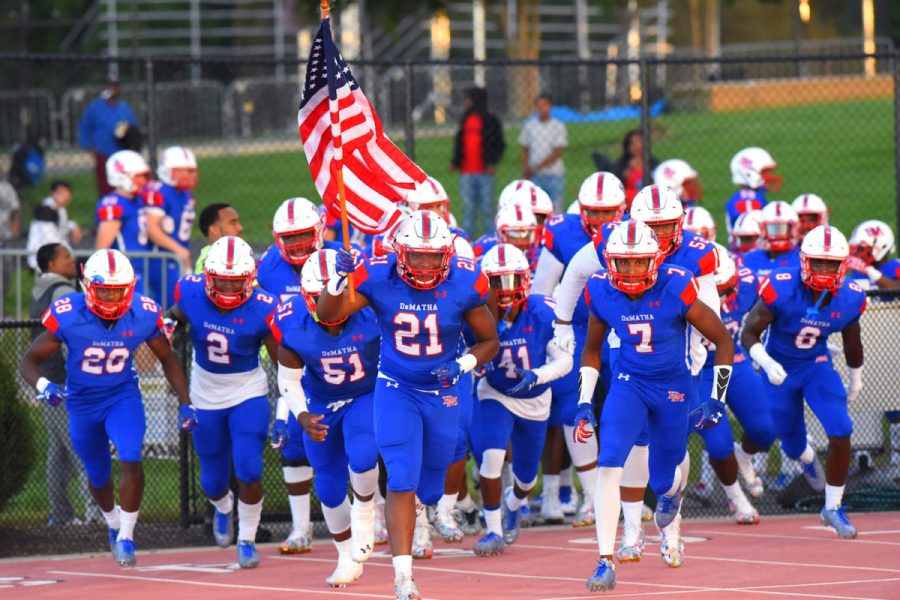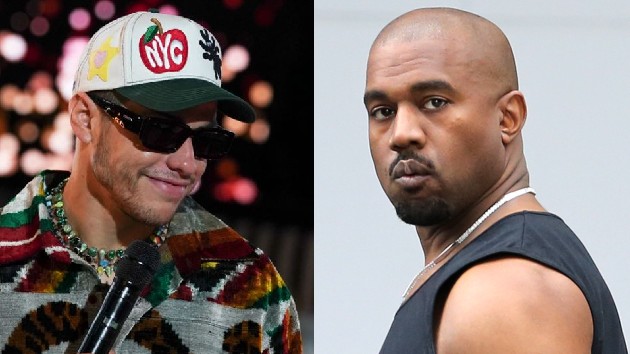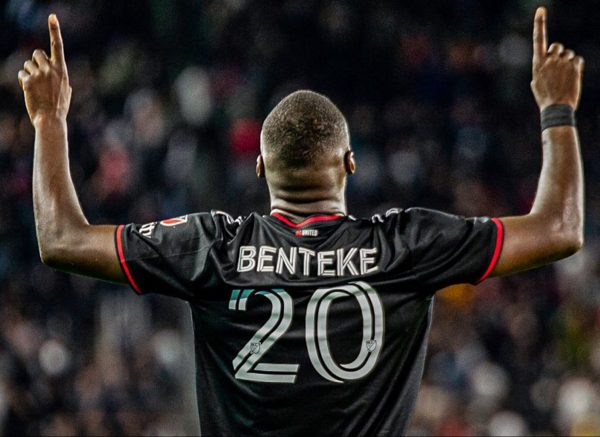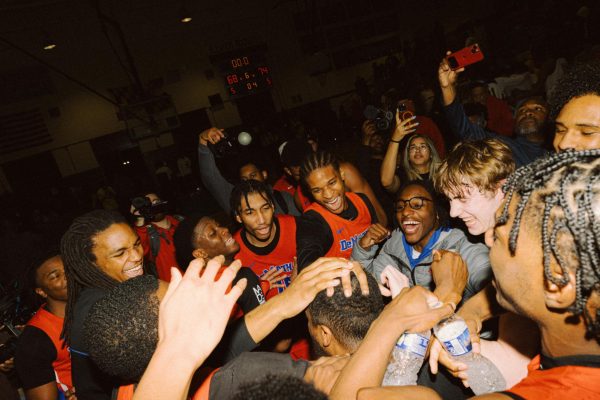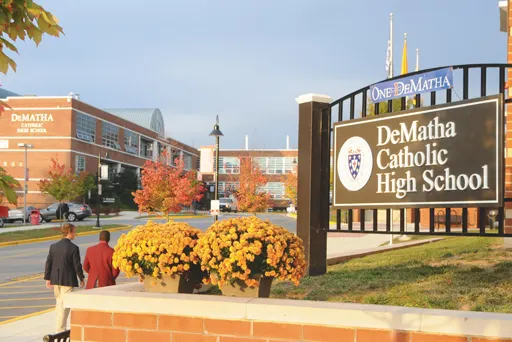The Man Behind it All
April 4, 2018
Ever since athletic programs made recruiting a crucial and significant part of their standards for success; there has always been speculations, allegations, and concerns of breaking NCAA recruiting rules. Main concerns have turned towards college football and basketball programs due to previous and past history of illegal recruiting. Many programs attempt to hide information on their recruiting processes with players, but sooner or later, information is leaked. This season’s NCAA basketball scandal has proven to be nothing different.
Since the firing of former University of Louisville head basketball coach Rick Pitino back in October of 2017, the NCAA has been “on edge” according to President Mark Emmert. Pitino had openly received 98 percent of the 39 million dollars owed to Louisville basketball through a contract from Adidas. According to ESPN reporter Stephen A. Smith, the contract was supposedly written on personal terms with Pitino and Adidas. Sports Illustrated also reported that Pitino allegedly knew of a 100,000 dollar payment made by Adidas representatives to the family of a five-star recruit with Louisville as one of his top choices.
The following week on First Take, Stephen A. said, “We can’t speak on much because we as reporters and journalists don’t know much.”
Following this news, and Louisville’s placing Pitino on unpaid administrative leave, Adidas spokesmen Maria Culp said in an emailed statement, “In light of the decision by the University of Louisville, Adidas has terminated its personal services agreement with Rick Pitino, effective immediately.” Since the scandal unfolded, Pitino hadn’t begun searching for coaching opportunities until earlier this month.
Earlier this past summer, a man by the name of Louis Martin Blazer III, who is generally referred to as Marty Blazer, was identified by FBI agents as the genesis of federal investigations involving college hoops. These investigations point specifically to NCAA assistant coaches and student athletes being paid bribes in a variety of ways. Blazer had spent years passing bribes to top collegiate coaches and programs. In doing so, he was secretly hoping for top NBA and collegiate prospects to hire him as an agent after turning pro. His bribes and financial corruption schemes initially date all the way back to the year 2000.
On an unknown later date, Blazer finally opened up to authorities as they began working towards getting to the bottom of the most recent college basketball bribes. He decided to assist authorities once again after being told by Manhattan’s U.S. Attorney office that he could face many charges. By sharing his knowledge on programs deliberately going against NCAA regulations, he was hoping to reduce penalties by leading prosecutors and investigators to a bigger crime or scandal.
Blazer admitted to investigators on wearing a wire back in November of 2014, which functioned as a silent recorder. Blazer used the recorder to expose coaches willing to take these bribes to government authorities he was partnered with. Blazer posed as a corrupt financial adviser and business manager while helping the FBI leak recordings of his private conversations he had with coaches. He had been told by authorities that he could be charged with financial impropriety for allegedly mishandling and illegally confiscating many of his clients’ assets. Since 2014, Blazer had been fully cooperating with federal authorities. Blazer had also kept accounts for the athletes with all of their personal and financial information at his fingertips.
According to the New York Post, when a former pro athlete client of Blazer refused to pay back financial investments, he took a tremendous amount of money from the athlete’s account. Blazer had used the money to invest in movie productions and forewent documents to reap personal benefits.
All authorities have declined to discuss their arrangements with Blazer. It won’t be clear for months what Blazer has gained in return for helping the government, according to investigators. However, according to a signed cooperation agreement with authorities, he faces from two to 67 years in prison as a consequence.
Many details and components remain uncovered by the press on Martin Blazer’s financial corruption schemes and tactics. Blazer has not publicly acknowledged his case or circumstances on any platform of communication. Blazer’s attorney has said that he is unable to comment on the case due to pending investigations. His lack of reliability, secrecy, and integrity has surely caught up with him in the long run.
